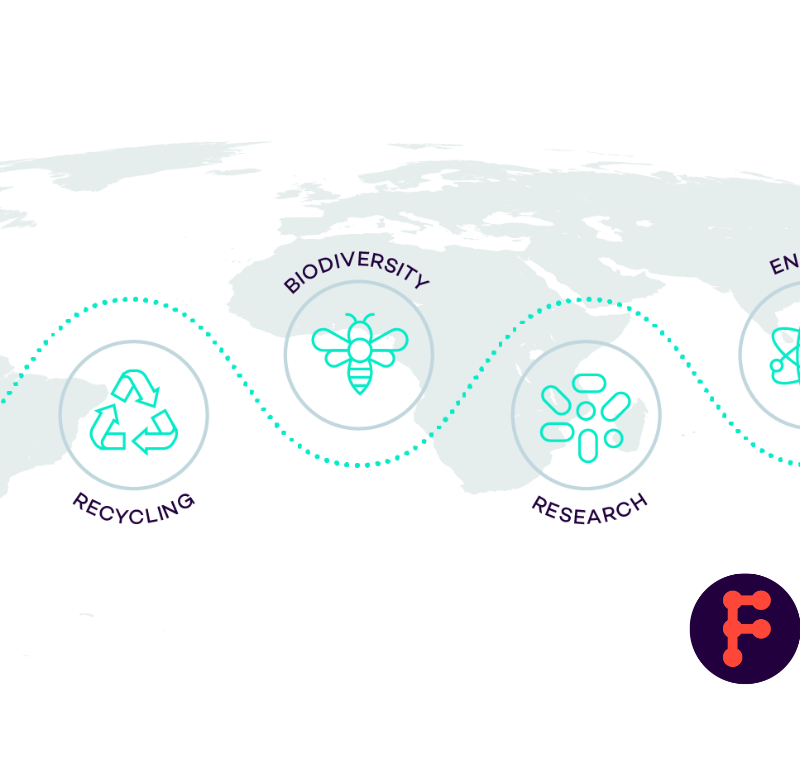How publishers are unlocking value in events
News that Bauer Media, publisher of the world’s biggest movie magazine Empire has partnered with sports and entertainment company AEG Europe, owners of The O2 in London, to launch Empire Live events has once again angled interest towards brands who find value, and income, in events.
The recent announcement by Empire according to the PR speak: “will see the film and entertainment industry brought to life” at a three-day event from 23-25 September and includes “world premieres, screenings, curated-bills and pop-up parties”. The event is being marketed as “a drawcard for the world’s best actors, directors and writers, allowing attendees to fully indulge their love of movies”.

Empire editor Terri White is keen to highlight the opportunities created when publishers and events organisers combine resources saying an event of this nature will showcase the magazine’s content as part of a “unique offering (with) commercial partners”.
The O2 event is, of course, a grand example of a familiar publisher/event offering we have witnessed over the years. Yet, with social media platforms increasing the volume of white noise out there, publishers are seeing greater value and opportunities in hosting the right events.
In the world of financial publications there is hardly a title without a vested interest in awards evenings and thought leadership initiatives. Financial Times Live, the events section of the FT Group’s publishing division annually hosts in excess of 200 global events using senior journalists to chair summits, conferences, awards and strategic forums with the aim to attract the brightest minds, influential decision-makers and revenue. With more than 21,000 delegate visits, similar amounts of Twitter followers, 12,000 videos watched on Youtube and two million likes on Facebook the potential to use events to monetise distribution channels are on the increase.
Even small independent publishers find events and publishing natural bedfellows. Embassy magazine, a digital news digest of diplomatic activity in London, found that events not only provide a welcome additional revenue stream but are great at enhancing subscriber loyalty.
Embassy magazine editor Elizabeth Stewart says events help her to keep her finger on the pulse of readers’ interests. “When it comes to staging events, publications – especially those serving a niche audience such as Embassy magazine – have a competitive advantage because they have a ready-made community who are eager for opportunities to meet and share their experiences.”
On top of this, her advertisers also find additional value. “Advertisers view events as the ‘precision tools’ in their marketing armoury,” explains Stewart. “In a world where their customers are bombarded by the white noise of advertising and social media, exhibiting at events gives them the rare chance to meet face-to-face with their customers. And when your target market is as hard to reach as diplomats, that’s like finding the Holy Grail.”
According to the findings of the American Press Institute’s (API) Strategy Studies, events – when done correctly – are one of the least disruptable ways to diversify revenue streams. Incorporating an events strategy with publishing also strengthens a publisher’s brand and bottom line while deepening connections with audiences, sponsors and advertisers.
While short term revenue does seem to be one of the major benefits, the API does warn that the overall goal for publisher events should ultimately be to boost exposure, circulation and relationships with businesses and institutions. Over the long term, the idea is to contribute to a publisher’s coffers in a measurable and crucially, sustainable way.
More like this
Why some UK publishers are investing in events spaces
Hearst Magazines in China: Winning audiences via live events and social media







